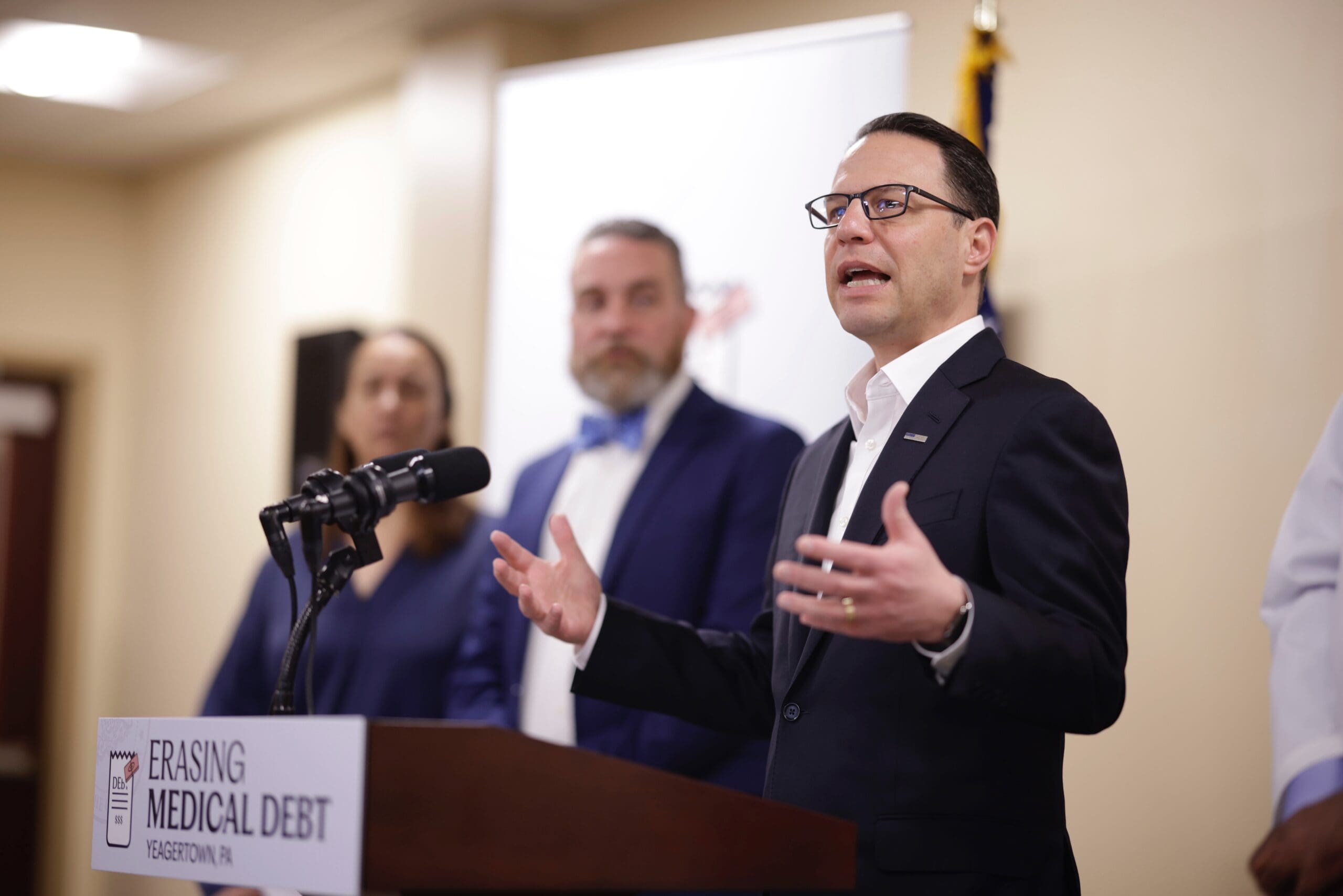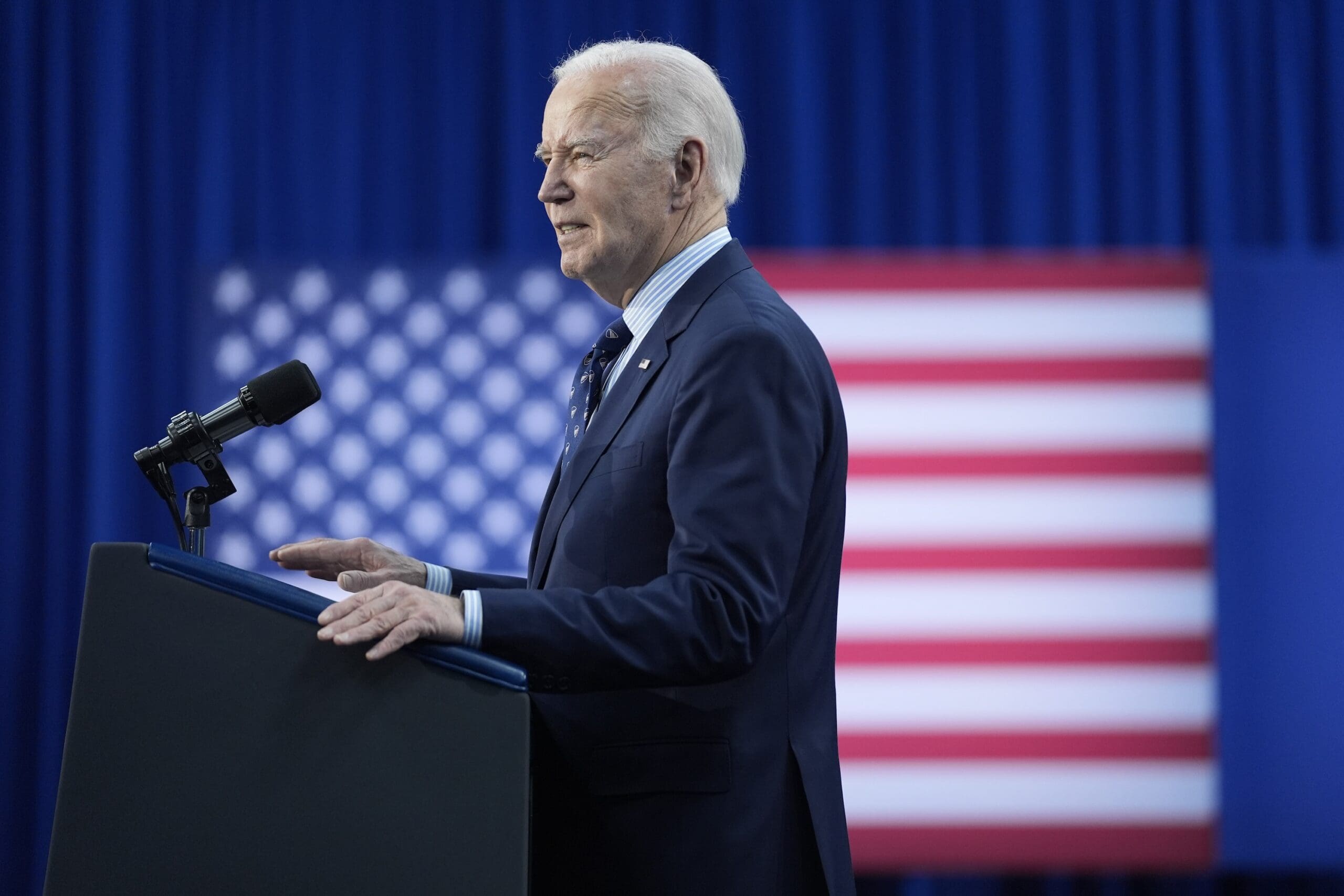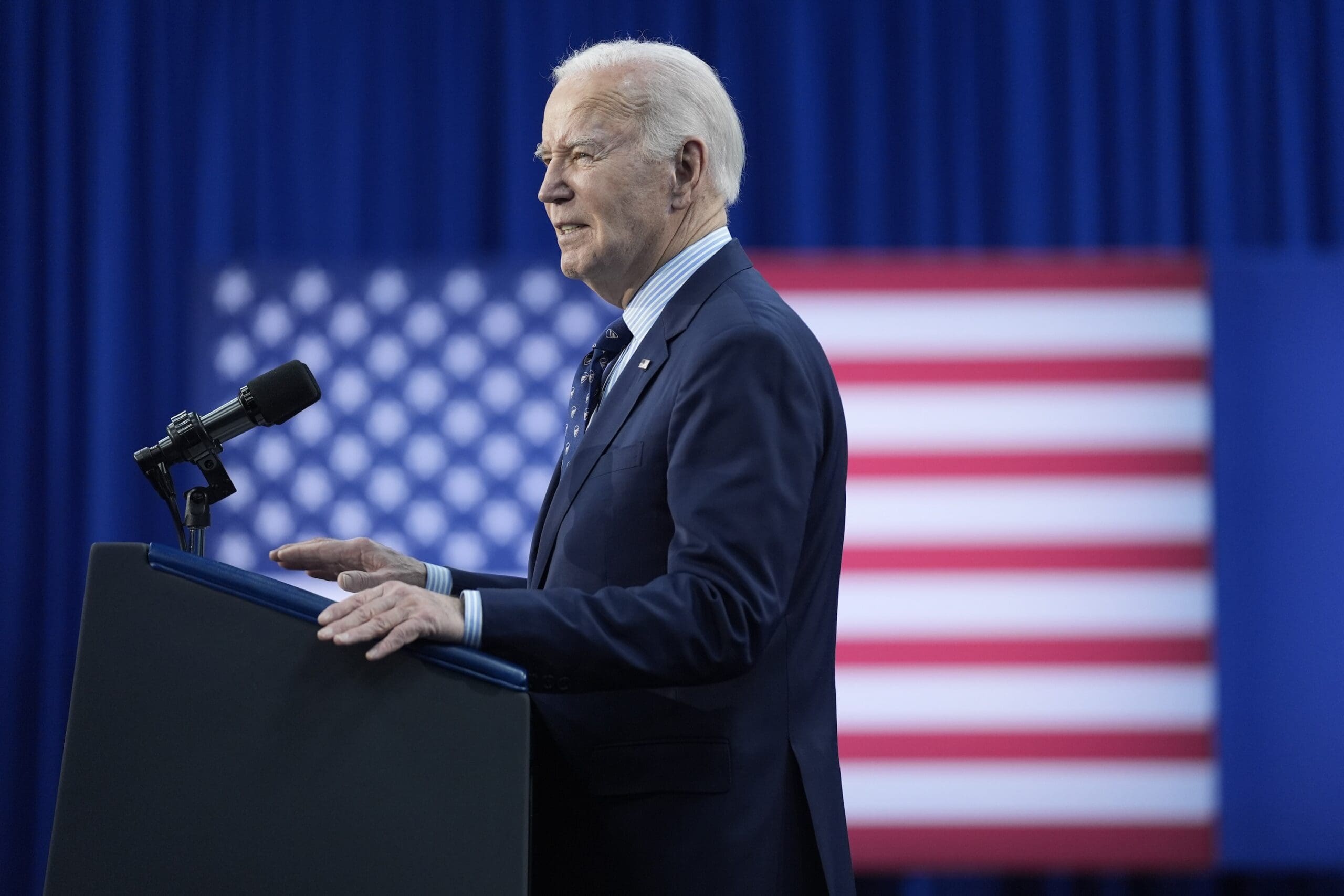You are not alone: How to access mental health resources this holiday season
Available support includes a suicide prevention helpline, an overdose reversal medication, and more.

Gathered in front of the Christmas tree in the Pennsylvania State Capitol on Thursday, health officials from Gov. Josh Shapiro’s administration had a message for those who are struggling with mental health this holiday season: You are not alone, and help is available.
“The holidays can be a really joyous time as we gather with our loved ones and our friends to celebrate the season,” said Jennifer Smith, deputy secretary of the state Office of Mental Health and Substance Abuse Services. “We often share meals and we honor special traditions. But we also know that this season comes with added responsibilities and expectations, and that can cause stress and lead to feelings of loneliness, anxiety, even depression.”
“Please know that if you are going through a difficult time, and you’re navigating the balance of some strained relationships or missing loved ones not at the table this year, you are not alone,” Smith continued. “It’s always OK to reach out for help if you need an extra hand.”
Smith joined Dr. Deborah Bogen, acting secretary of the Pennsylvania Department of Health, and Kelly Primus, deputy secretary of the state Department of Drug and Alcohol Programs, to inform Pennsylvanians about public support programs for mental health and substance use issues that are available during the holidays and year-round.
The health officials detailed a long list of available resources, including suicide prevention counseling and naloxone, a medication that can reverse an opioid overdose.
“It is sometimes really difficult to tell the people we love that we’re struggling, that we need to take a break from things, that maybe we need help with the shopping or the cooking or helping to give baths and help with homework,” Smith said. “It’s tough to do that. Please know that it is OK to admit you need a break. It’s OK to admit you need help. And it’s OK to use the resources that we have available. They come to you at no cost.”
Following are some of the resources highlighted during Thursday’s press conference.
Mental health
The national 988 Suicide and Crisis Lifeline is free to call or text 24 hours a day, seven days a week. Callers will be connected to trained mental health crisis response counselors.
Pennsylvania’s mental health and substance use disorder resource guides provide information about mental health screenings and professionals, housing insecurity, trauma support, and more.
Other mental health resources are available by clicking here.
Substance use disorders
To access substance recovery resources for yourself or a loved one, you can call 1-800-662-HELP (4357). It is free to use and is available 24 hours a day. The helpline is staffed by trained professionals who will connect callers with substance use disorder resources in their communities. Callers can also inquire about accessing funding if they need help paying for treatment.
Naloxone
Bogen encouraged Pennsylvanians to carry naloxone with them if they or someone they know is facing opioid addiction. Naloxone is a medication that can reverse an overdose caused by an opioid, such as prescription medication or heroin. The American Medical Association has a video on how to administer the life-saving medication, both nasally and with a syringe.
The Pennsylvania Department of Health’s physician general signed a standing order prescription for naloxone, which means individuals in the commonwealth do not need to get a prescription to purchase it. Show the standing order document, available by clicking here, to a pharmacist in order to receive the medication.
Residents who purchase naloxone may be eligible to receive up to $75 to assist with the cost. Ask a pharmacist for more information about the state’s naloxone co-pay assistance program certificate.
Resources for older adults
The PA Link to Aging and Disability Resources program provides a variety of services for older Pennsylvanians, including help accessing telehealth services and check-in calls to help with social isolation. The program can be reached by calling 1-800-753-8827 or visiting www.carelink.pa.gov.
For grandparents who are raising grandchildren, or other family members caring for children whose parents are not their primary caregivers, the KinConnector helpline can connect caregivers with various support resources during the holiday season. It can be reached by calling 1-866-546-2111 or by visiting kinconnector.org.
Public assistance programs
Health officials also reminded residents of available programs to help Pennsylvanians pay for essential needs such as heating and food this winter.
Residents can apply for such programs as the Supplemental Nutrition Assistance Program (SNAP), Medicaid, the Children’s Health Insurance Program (CHIP), the Low Income Home Energy Assistance Program, and more at www.dhs.pa.gov/compass.
Individuals who would like to apply for any of those programs but do not have access to the internet can visit county assistance offices, a list of which is available by clicking here, or call 1-877-395-8930.




